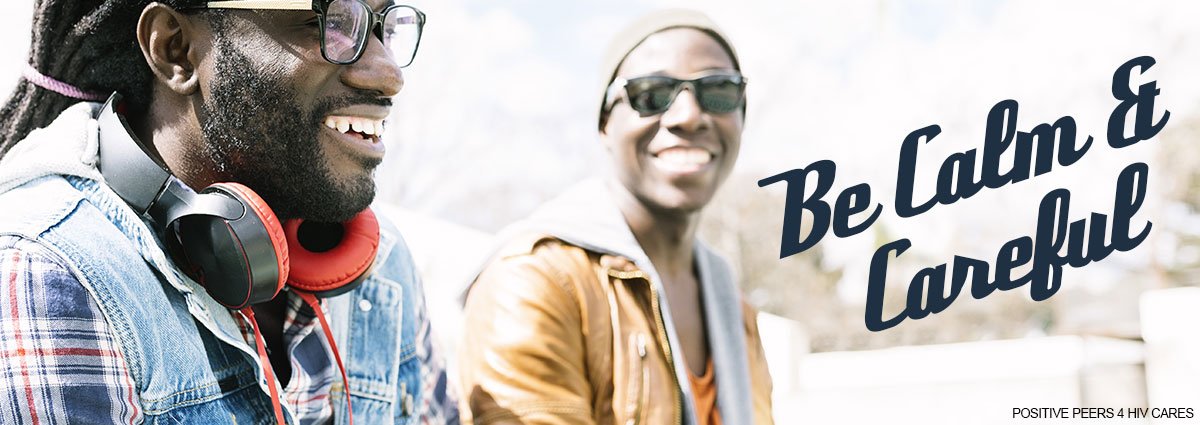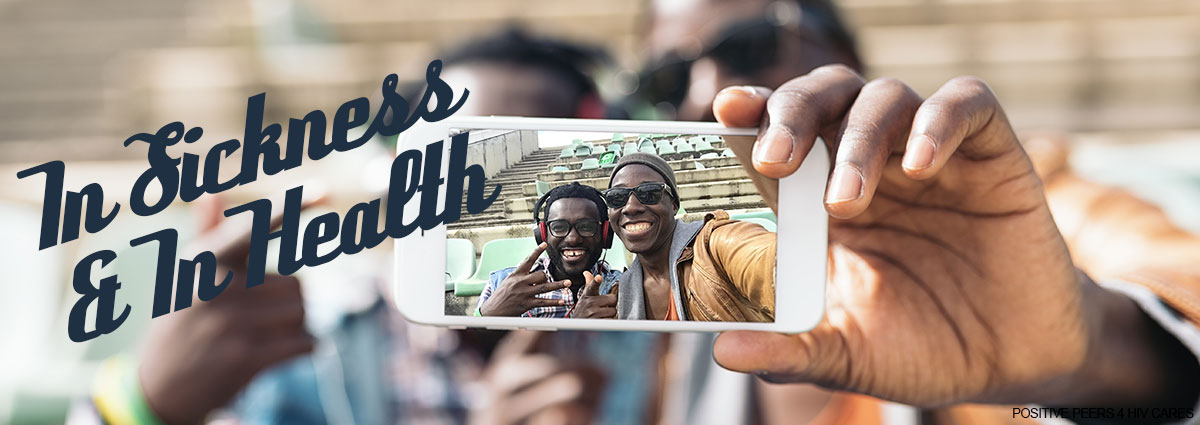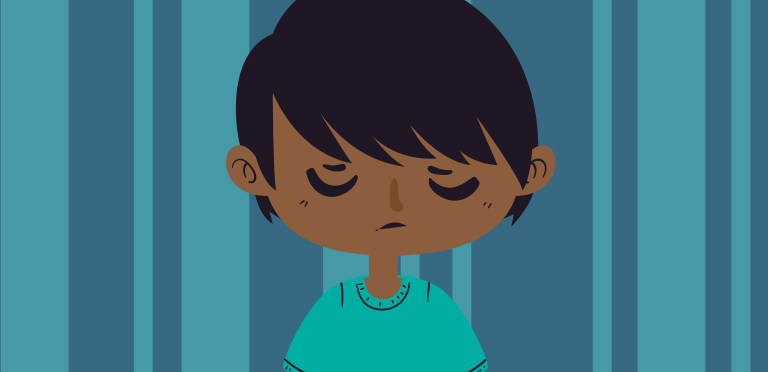
By: Jennifer McMillen Smith, MSSA, LISW-S, Division of Infectious Disease and medically reviewed by Ann Avery, Infectious Disease Physician at Metrohealth Medical Center
There’s no easy way to tell your partner you’re HIV positive. You just have to pick the way that you think is best.
Some scenarios are a bit easier than others. Let’s say you meet somebody at a party or bar and now you’re getting ready to have sex. In those cases, you just have to stop and say “before we do this, I have to tell you I’m HIV positive.” This isn’t just the right thing to do — in some states, you can be charged with a crime for not disclosing your HIV status. If your new friend bails on you, at least you know what kind of person you were dealing with. It’s better to learn sooner than later and you deserve better anyways.
But what if you already have a partner or you aren’t just looking to hook up? Sometimes people test positive for HIV and struggle with how to break the news to their partner who they love and care about. Sometimes it can get tricky, but hopefully these tips will help you out:
1. Get educated
Learn all you can about HIV — the causes, the treatments, the medication side effects, and the resources like clinics and HIV support groups. The more you learn about HIV, the more you can reassure yourself that your diagnosis is a problem you can deal with. It’s not something you and your partner need to break up over.
Obviously, nobody wants HIV. But we know how to treat it and control it. Furthermore, taking HIV meds and staying on them so your viral load stays undetectable makes it extremely unlikely that you will pass the virus on to somebody else. Undetectable = untransmittable!
And for those partners who want added peace of mind, PrEP is a great option to protect them from any chance of accidental HIV infection.
Knowing these facts in advance can give you the confidence you need to reassure your partner that there’s nothing to panic about and that you can get through this. It also shows how mature you are and how much you care about them 🙂
2. Prepare your brain for a tough conversation
Consider how your partner usually reacts to bad news. Does he kick up the drama, become hysterical and tend to frighten people? Does he react with warmth, compassion, reassurance, and support? Does he need time to process or is he quick to tackle things on head on?
Now, if you’ve gone out and gotten infected by somebody else and your partner doesn’t know about it, you might be dealing with feelings of betrayal that are stronger than your partner’s feelings about your HIV status.
Betrayal is tough to get over because it damages the trust between people who love each other. So, if betrayal is in the picture here, consider being ready for a negative reaction from your partner. You both can overcome these feelings, but sometimes they can put a serious chill on your relationship.
No matter the situation, it’s usually a good idea to be prepared. Put yourself in your partner’s shoes. The more prepared you are the easier it will be to handle whatever happens.
3. Make an appointment to announce the news
Find a quiet place where you won’t be disturbed and set up an appointment to meet there. If you suspect your partner will react badly, it might be good to make it a public area that will discourage a big dramatic scene that other people might see.
Making an appointment in a specific time and place signals to your partner that something important will be discussed. And it gives you a time frame for how long you’d like to prepare.
4. Break the news calmly and carefully
When you start, you might consider opening with something basic along the lines of “I have something important to tell you.”
Then go into your message slowly and deliberately. Walk your partner through the process of how you got tested and learned you were HIV positive. Tell them how you felt. Talk about all the education you’ve received. Drive home the point that HIV is easily treatable and that lots of couples in situations like this have no problem maintaining their relationship and sex lives. After all, there’s no need to fear HIV if you’re getting the right treatment.
Come join our private, stigma-free, supportive community.
Health management tools with medication & appointment reminders.
Social networking in a community conversation & private chats.
5. Don’t expect miracles
A partner who loves you should be able to accept your HIV status and make a commitment to supporting you no matter what.
But people can’t always do the right thing right away. Your partner might wonder “what does all this mean for me?” Their reaction might seem selfish to you, but then again, would you maybe react the same way if situations were reversed? With a bit of time to process the news and some patient support from you, some will accept your status and shower you in love. Others may never accept it, which hurts, but you’re better off without someone like that regardless. In sickness and health, in good times and bad…that’s what you deserve!
6. Look ahead, not backward
You can’t travel back in time to prevent getting HIV. But you can face the road ahead with courage and determination. The right partner wants to take that road with you.
If telling your partner ends your relationship, so be it. We know it hurts, and it’s okay to need time with that pain. Just know you’ll be okay. It’s far better to let go of a partner who would abandon you at a time like this, pick yourself up, and get your beautiful-self back to living your life.
Related Blogs:








